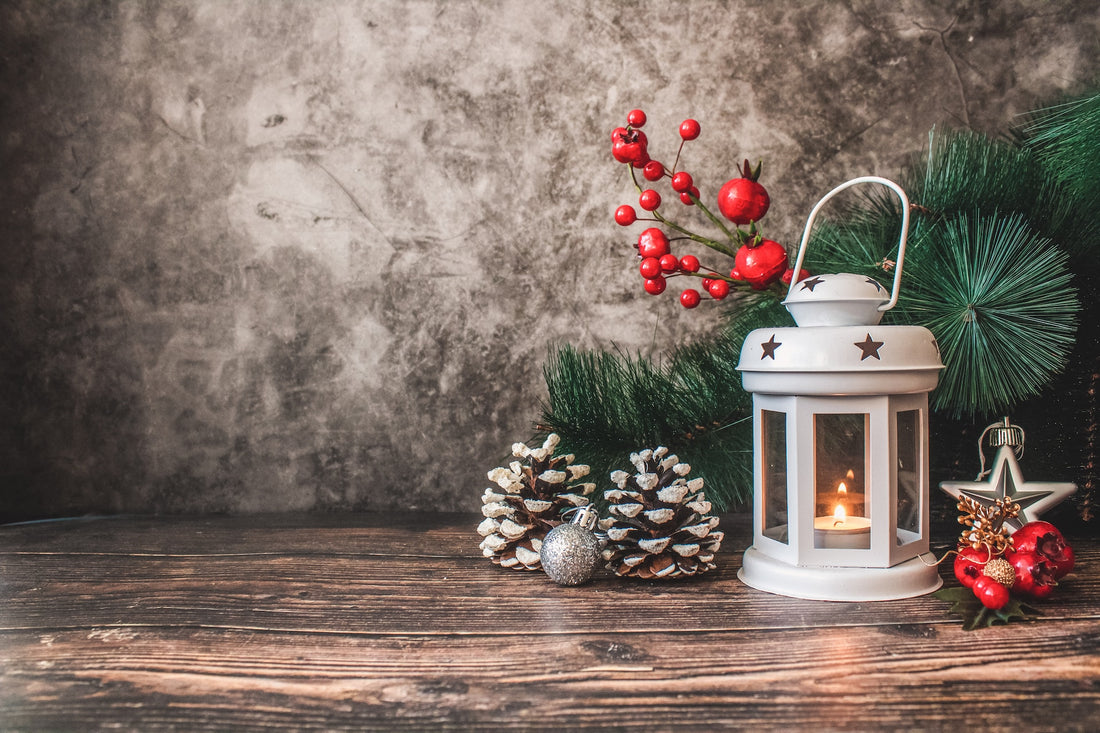The History of Christmas: Tracing Origins and Traditions

Christmas, an annual festival celebrated by billions worldwide, has deep-rooted historical origins that intertwine various traditions, customs, and religious beliefs. Its evolution spans centuries, encompassing diverse cultural influences and transforming into the festive occasion recognized today.
Origins of Christmas
The origins of Christmas trace back to ancient times, merging pagan rituals with Christian beliefs. One of the earliest associations dates to the Roman festival of Saturnalia, honoring Saturn, the god of agriculture. Celebrated around the winter solstice, Saturnalia involved feasts, gift-giving, and revelry, influencing many Christmas customs.
Christianity's influence gradually shaped Christmas into a Christian celebration marking the birth of Jesus Christ. Although the exact date remains disputed, December 25th became widely recognized as Christ's birthdate in the 4th century, possibly merged with pagan solstice celebrations to ease the transition to Christianity.
Evolution of Traditions
Over time, various traditions became integral to the Christmas festivities. One such tradition is the Christmas tree, believed to originate from Germany in the 16th century, where people decorated evergreen trees to symbolize life amidst winter's darkness. This tradition spread globally, evolving with unique ornaments and styles across cultures.
The practice of gift-giving has ancient roots, embodying the spirit of generosity. Stories of Saint Nicholas, a Christian saint known for his acts of kindness, led to the tradition of Santa Claus. The modern image of Santa Claus, with his red suit and reindeer-drawn sleigh, emerged from American literature in the 19th century, blending European folklore with contemporary tales.
Global Variations
Around the world, diverse cultures celebrate Christmas with unique customs. In Scandinavia, St. Lucia's Day on December 13th honors the martyr St. Lucia with candlelit processions. In Spain and Latin America, vibrant festivities span from Las Posadas to Three Kings' Day, each with its traditions and rituals.
Moreover, Christmas foods hold significant cultural importance. While some regions indulge in traditional roasts and puddings, others savor specialties like tamales, baklava, or fried dumplings, reflecting local tastes and heritage.
Modern-Day Celebration
In the modern era, Christmas has transcended religious boundaries, becoming a cultural phenomenon celebrated by people of diverse backgrounds. Beyond its religious significance, it's a time for families to gather, communities to come together, and individuals to embrace the spirit of kindness, generosity, and goodwill.
Furthermore, technological advancements have reshaped Christmas celebrations. Virtual gatherings, digital greetings, and online shopping have become integral parts of the festive season, especially during times when physical distances separate loved ones.
Conclusion
"The History of Christmas: Tracing Origins and Traditions" embodies a rich tapestry woven from ancient rituals, religious connotations, and global customs. It's a celebration that continues to evolve, adapting to modern times while preserving its historical essence. As the world changes, Christmas remains a time of joy, unity, and cherished traditions passed down through generations, embracing the diversity that makes it a truly global celebration.
